Christophe Montenez
Birth : 1988-12-08, Parigi, Francia

Edmond

Earning a Pulitzer Prize and Tony Award in 1993, subsequently adapted for television and opera, "Angels in America" stages American society of the Reagan years, mixing intimate stories and political events, realism and the fantastical while following the dark narrative thread of the AIDS epidemic. This was the disease that, in 1986, ended the life of Roy Cohn, an unscrupulous lawyer who was a disciple of McCarthy, a homophobe, racist, “bully, coward and victim” as described on the Washington Memorial Quilt. Kushner makes him one of the twenty-three characters – played by eight actors – of his Gay Fantasia on National Themes divided into two parts: "Millennium Approaches" and "Perestroika". The setting is New York between 1985 and 1990. The Republicans are in power, the Chernobyl catastrophe is imminent, the collapse of the Berlin Wall is about to overturn cold war politics and HIV, still synonymous with certain death, is reduced to the definition of homosexual cancer.

Raoul
Anaïs is thirty and broke. She has a lover, but she’s not sure she loves him anymore. She meets Daniel, who immediately falls for her. But Daniel lives with Émilie – whom Anaïs also falls for.
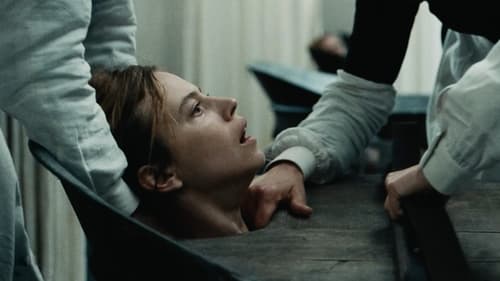
Jules
Eugenie has a unique gift: she hears and sees the dead. When her family discovers her secret, at the end of the 19th century, she is taken by her father and brother to the neurological clinic at La Pitié Salpêtrière with no possibility of escaping her fate. Her destiny becomes entwined with that of Geneviève, a nurse at the hospital.

Pierre-Henri
Set in Paris the story follows Lisa, who, while on vacation with her husband, rekindles a passionate affair with her ex-boyfriend. But that may lead to a murder.
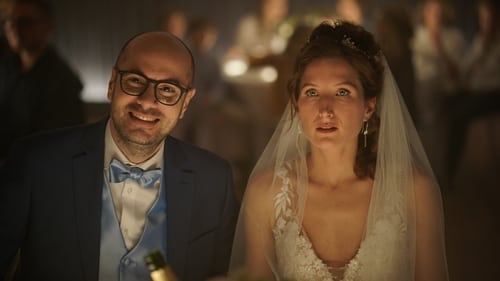
Le mec de Solène
Meet Adrien! He's 35. He's stuck in a mid-life crisis. He's neurotic and hypochondriac. Tonight he's stuck in an endless family dinner and his girlfriend is not answering his texts. On top of that, his dumb brother-in-law asks him to prepare a speech for his wedding. Could it get even worse?

Self
My mother googles the film hero of her youth: Helmut Berger. She is shocked: only an addicted shadow of the former icon seems to be left. She decides to halt the obvious catastrophic decline of the once “most handsome man in the world”. As a consequence, this one-time god of the screen is suddenly sitting on my mother’s sofa in Nordsehl in Lower Saxony. And he stays put - for several months. While he trustingly rolls out his whole life before us, the dividing lines between film team, world star and family intermingle. This is a film about ageing, rising and falling - and about the fact that it is sometimes possible to regain an element of dignity in life.
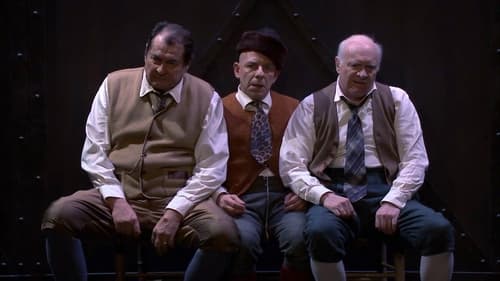
Filippetto
Written in 1760, Carlo Goldoni’s comedy has never been performed at the Comédie-Française, perhaps overshadowed by the famousHoliday Trilogy. A satire of the Venetian merchant class, embodied by narrow-minded, complaining and intolerant men whose mistrust of the fairer sex borders on the absurd, The Boors perfectly illustrates Goldoni’s theatre, a “theatre of life with a real content, characters observed in reality, and a natural expression.” Thus, a theatre in which the man Voltaire described as “nature’s son and painter” scrutinises his contemporaries, their relationships and their social behaviour. His work served to entertain while providing posterity with an acute testimony of the morals of his time. Indeed, Jean-Louis Benoit warns against reducing the author to a simple “photographer of reality”.
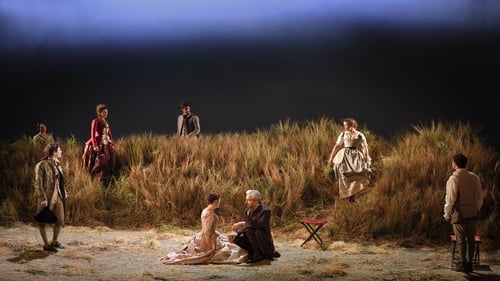
Frontin, valet de Rosimond
Le Petit-Maître corrigé is a three-act romantic comedy by French playwright Marivaux. It was first performed on November 6, 1734, by the Comédie-Française in Paris. In this production Clément Hervieu-Léger makes the eighteenth century resonate with our era, all the more so given that the language is “simpler than in other Marivaux plays, while still as refined, precise and full of humour”. The story is that of a young Parisian whose parents have found a good match for him, a count’s daughter. But when he goes to visit her in her country home, the handsome boy – whose Parisian manners are far removed from the rules of decorum that reign in the provinces – cannot open his heart to his lovely intended. Stung, the latter decides to punish his arrogance while a former lover arrives to prevent the marriage. Between the alliance of master and manservant, and the complicity of mistress and maid, a romantic intrigue ensues full of light-hearted conspiracies and feverish emotions.
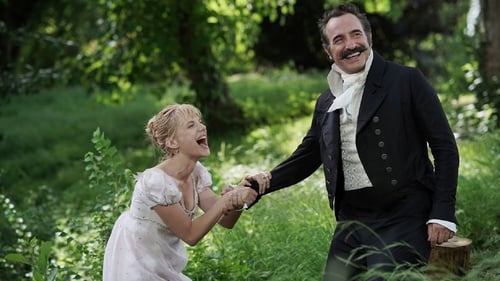
Nicolas Bonvallet
France, 1809. Captain Neuville is called to the front, leaving his future bride heartbroken. Her sister decides to write letters on his behalf to cheer her up.

Two soldiers, Daniel and Jerome, flee a war we don’t see and we know nothing about. Jerome is badly injured, he will die, he says it, he knows it, he is afraid. Then Jerome confesses to Daniel his last will: he does not want to die a virgin, he wants to die loved…








